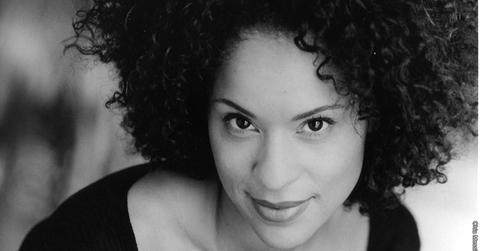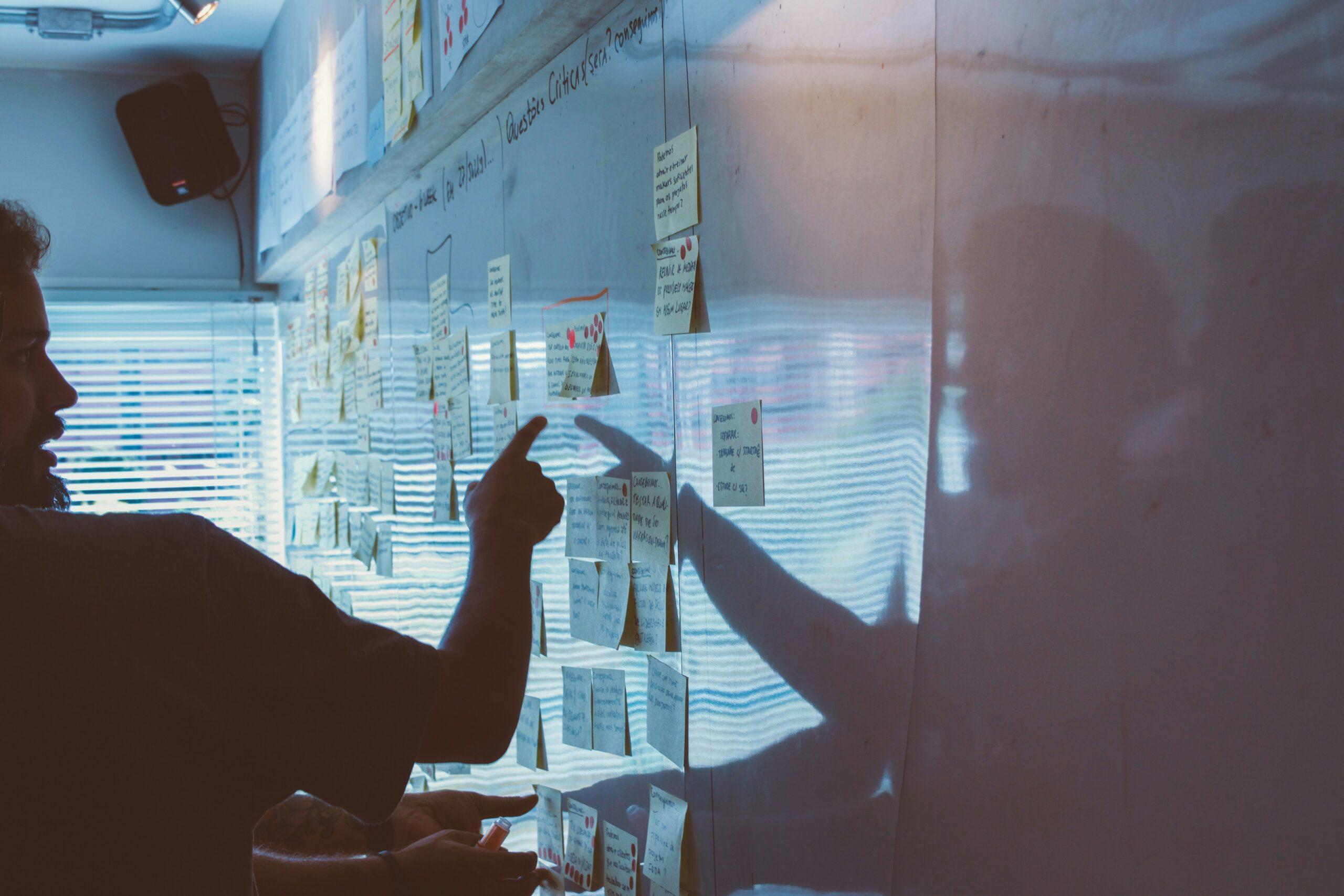Years after our childhood, we still think of The Fresh Prince of Bel Air’s Hilary Banks as our friend (in our heads) who always dressed her best and dated good looking men while pursuing a career in television as a meteorologist turned talk show host. However, beyond her fictional persona, the actress behind the iconic character, Karyn Parsons has evolved from simply an actress into a producer, a writer, and the founder of a non-profit organization that works to bring the little-known stories of African-Americans to children.
The organization is called Sweet Blackberry, and the award-winning non-profit is now running a Kickstarter campaign to produce an animated film about a legendary African-American ballerina named Janet Collins. At 15 years old, Collins was accepted into the Russe de Monte Carlo dance company. But when was asked to dance in white face, she refused. Despite, rejecting her chance to dance with a prestigious company, she taught her own choreography and became the first black ballerina hired by the Metropolitan Opera in New York City.
In our interview, Parsons reveals to Her Agenda why she never thought she’d be chosen to play Hilary Banks, how she’s finding her place as an activist and how Sweet Blackberry will change the lives of children.
Her Agenda: You are known for you most memorable role as Hilary Banks from The Fresh Prince Of Bel Air. After the show ended, did you feel type casted or locked into the iconic role? What advice would you give budding actresses?
Karyn Parsons: I definitely experienced a lot of typecasting from that part, understandably. I had some doors that I knew would not open for me because of the role. Casting directors would not see me. However, I had so many other things open up for me because of the success of The Fresh Prince Of Bel Air and that role.
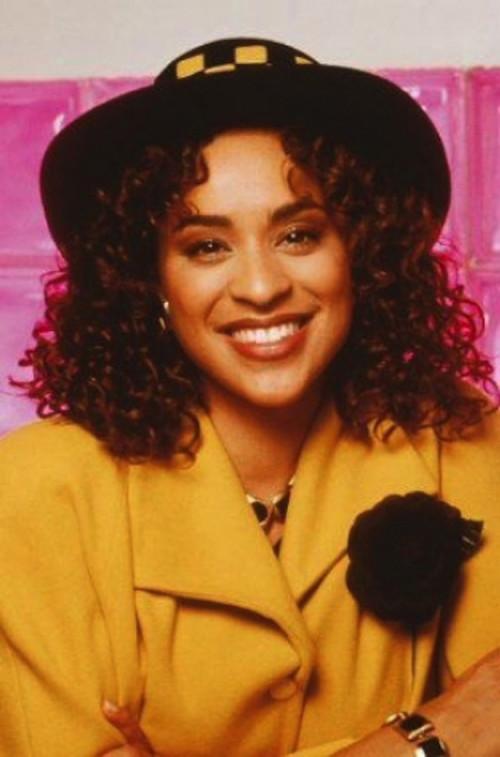
To be honest it is like anything else; you have up sides and downsides to anything. For me, there were upsides but then I had that luggage. People would see me a certain way. It was hard for some people to shake it and some people did not have the faith. But I had a couple of moments, one in particular that I look back on (not with regret) but I do look at it as a lesson. It was a move that was not a guaranteed outcome but I was given the opportunity to audition for a film that was an entirely different role from Hilary. They really wanted me to come in but my scheduling would not permit it and then when their schedule changed, I was not confident I could do it. I was a little bit intimidated by it. It is one of those things I look back on and I say “you know what, I should have allowed them to decide whether or not I can do it.” I should have just gone in and done the audition.
When I look at it, the part I had in my head or what the part was called for I would have been different especially with me acting as the character. But what I learned was we all bring our own little nuances; for example, Hilary was described as a “model type” but I am not a model type and I’ll never be a model type. I read the part and thought it was ridiculous but I still auditioned. I brought what I could bring to the part and it ended up working. In the other situation, I really should have just gone for it and not have been intimidated. I would have interpreted the role the best way I knew how. I would give that advice to people going forward in their acting careers. You cannot worry about being pigeon holed or intimidated because you think you do not fit a role. It is not your business. A friend told me, there was an acting coach who used to say “People become intimidated by playing the king but you put the crown on, you’re the king.” Don’t question yourself or others. Just go in and do your audition. I have been on the other side too (working in casting) and I have had other people come in and do things that I did not have in mind but they ended up getting the part.
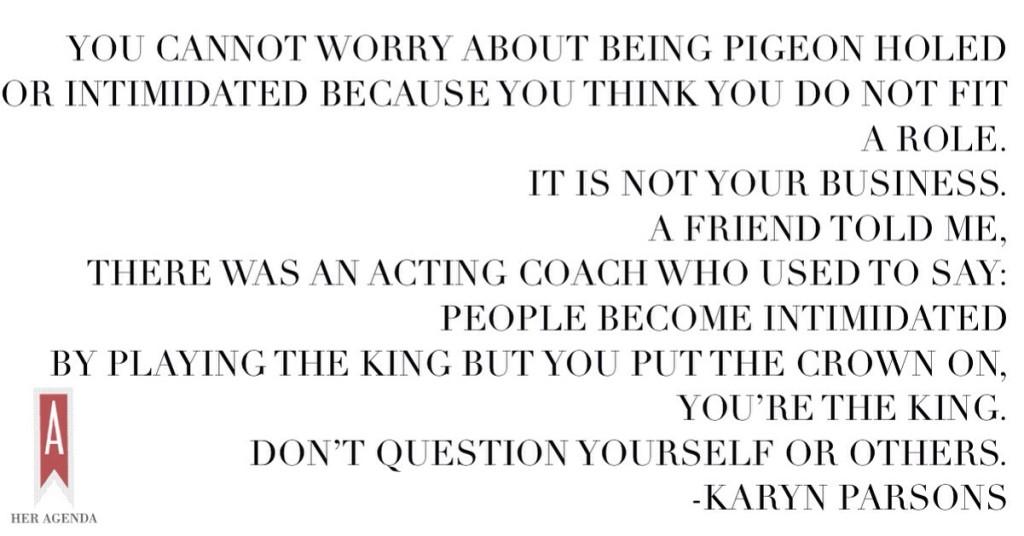
Her Agenda: Besides acting, you are a producer. Why did you make the transition and how has it helped your career?
Karyn Parsons: My transition was unintentional. Aside from Sweet Blackberry, I have produced other things but I did not plan on becoming a producer. There were certain pieces, my friend and I wanted to do for another friend so we put the piece together and produced it. Another time, I wrote a script for a story I wanted to see as a film.Becoming a producer happened organically. It was not premeditated. It just came out from loving something and the immediacy of needing something to get done. With my non-profit, Sweet Blackberry, it is the same thing. I am anxious to get these stories out to these kids; I started to move it forward. Next thing I know, people are labeling me a producer because I am putting everything together. I have kids now, in addition to Sweet Blackberry, and I really have to be motivated to be apart of certain projects. It is more about what I want and how it will fit into my life. I changed with my career, naturally.
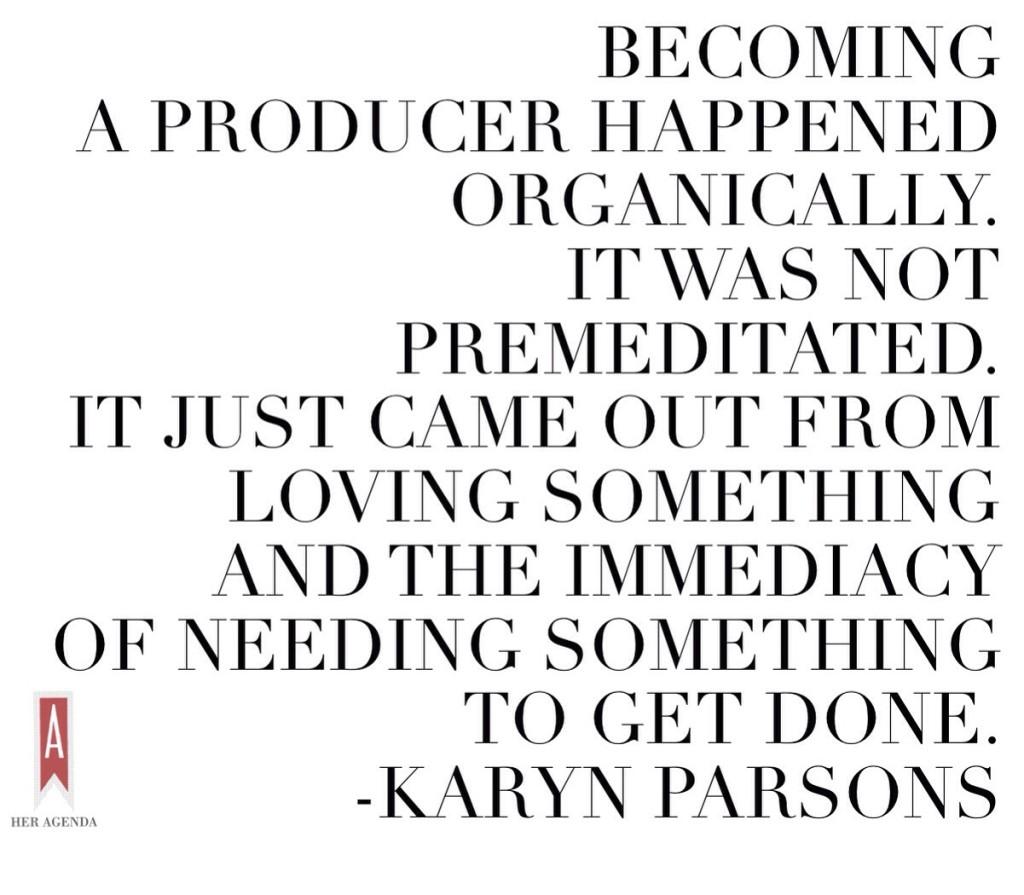
Her Agenda: In your career you clearly made a shift from acting to behind the scenes and activism. Were you afraid to reinvent yourself? How did you make it through your career transitions to where you are now?
Karyn Parsons: From where I sit, I never called myself an activist but then again, I never saw myself as Hilary Banks. I am not trying to be an activist per se, I never was or never claimed to be. My purpose is very innocent, I just want to get my story done for children. For me, I am not a historian but when my mother taught me about certain people and their stories, I became so fascinated. It started to have a domino effect of “well, hey how come we do not know these stories? Why do you know only a handful of these stories? Why is black history separate from American history when in actuality, it should be united?” I began to think, what is this doing to kids when they grow up? If you grow up in a world, where black history is only celebrated in February and American history is celebrated all year long, what is that making children think? That goes for adults too! My activism is really based on curiosity and wanting to change things.
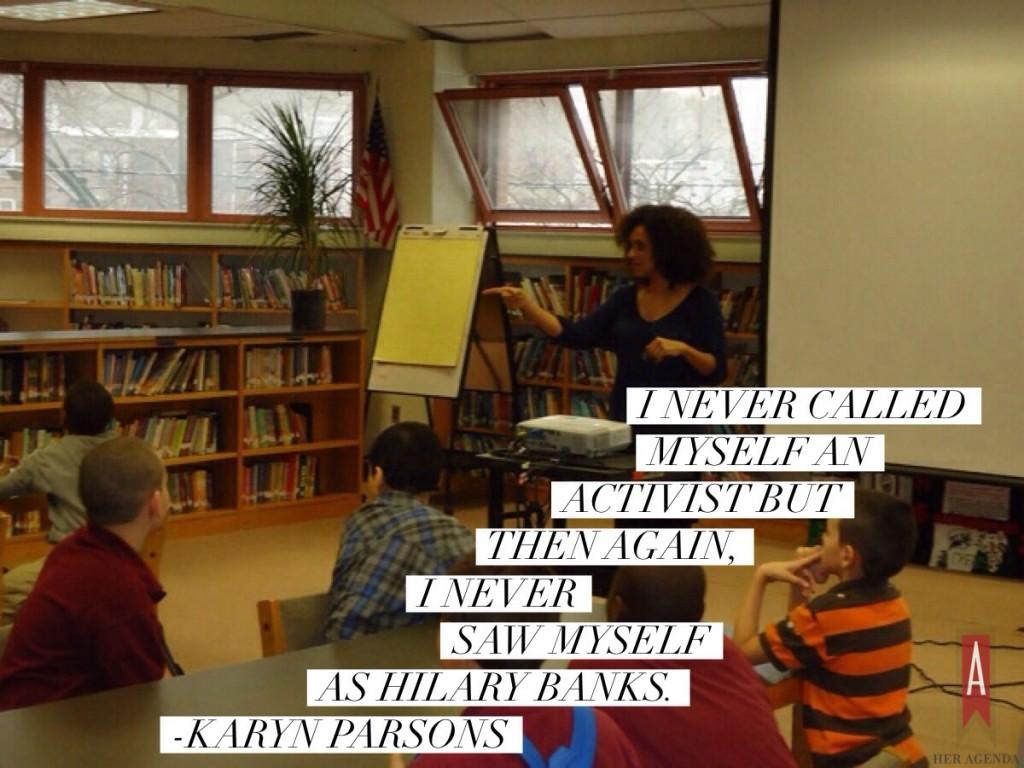
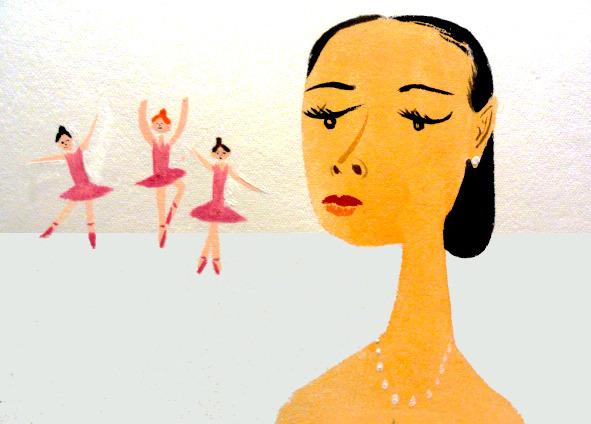
Her Agenda: What’s the significance of telling the stories of unknown black icons? What moved you to tell the story of Janet Collins?
Karyn Parsons: I read her obituary in the New York Times and I didn’t know who she was before that. It was such a fascinating story. As a young girl, she was passionate about ballet and incredibly talented but she was asked to perform with Russe de Monte Carlo (a prestigious ballet troupe) and to be asked in 1932 for a black woman, that was major. But they said she had to perform in white face. After reading that I sat back and said “wow, it is odd to think, a corporation would ask someone to perform in white face (but it was a normal request to ask of someone during those times).”Despite the prestige of the dance troupe, Collins turned the role down but went on to become exceptional in her field and break all these barriers as a black dancer.
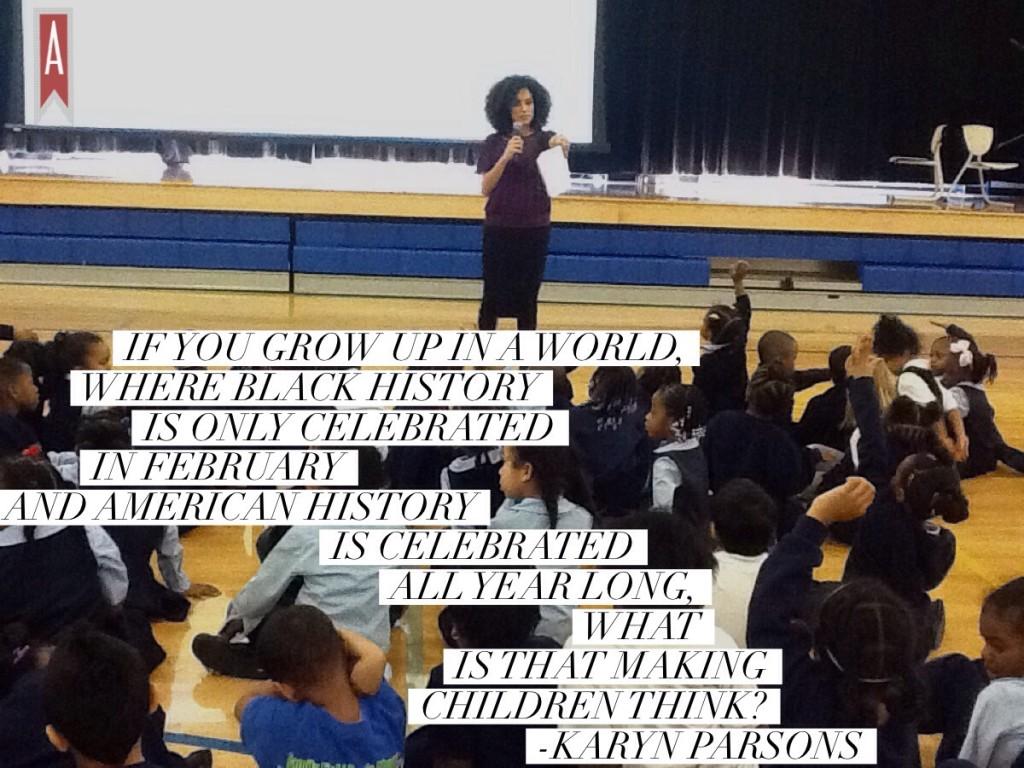
Her Agenda: What advice would you give black parents raising children in America’s current social climate?
Karyn Parsons: I thought everyone could benefit learning from her and how she broke barriers by utilizing her perseverance. With this lesson, I think parents should teach their kids to “Keep going!”Collins was told she was a great ballerina but she had to look a certain way or she was not good because she was black. If we could give kids that lesson early, imagine who they can become. Sweet Blackberry’s audience is children, especially girls. Young girls grew up thinking they want to be a ballerina or princess. So much of their mind goes into certain kinds of imagery but it makes me think who will little black girls emulate? So I think it is important for us to know her name.
Her Agenda: Besides films, what other productions or activities to you envision Sweet Blackberry becoming a part of?
Karyn Parsons: I should not discuss them but I have a lot of ideas to move Sweet Blackberry forward. When I started the organization, it was so modest but now it is growing. This is why we are a non-profit because I did not think of the business module that would have come with it. Over time, I thought we should do crowd-funding because there are so many people who believe in us. Therefore, I thought Kickstarter would be a good way for us to raise funds for it. Also, I did not think about the aspect of investors but now I am looking into what I should do for the organization.
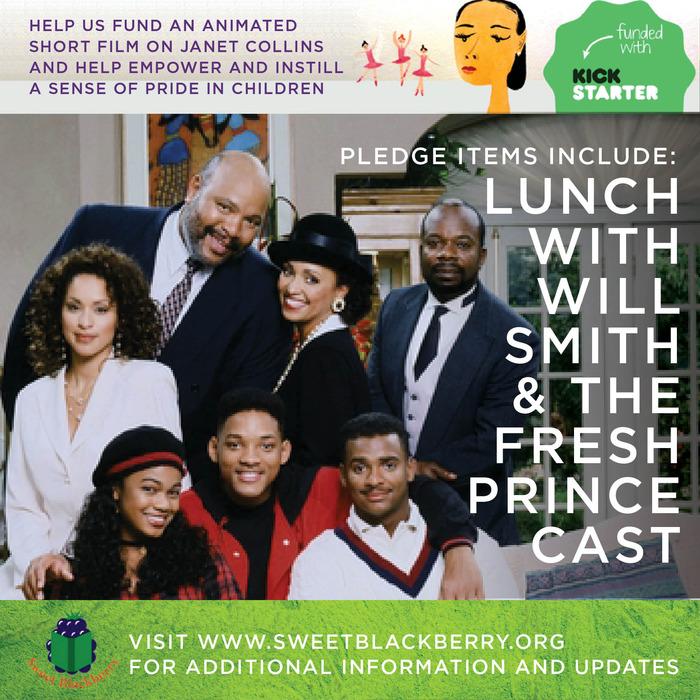
Her Agenda: What other untold stories of black activists will be told through Sweet Blackberry?
Karyn Parsons: I learn new stories every day about people that did incredible things. A lot of the times they are not activists or setting out to make a difference. They are just surviving, living and trying to get to the next place. Whatever struggles they were involved in, these people allow their humanity and willingness to take over; this helped them to succeed. In our society we regard those people as heroes.
Her Agenda: Do you have a motto you use to propel you in your life/career?
Karyn Parsons: My favorite quote to live by is “Be the change you want to see in the world!” Day to day, I try to keep that in mind.
The kickstarter campaign ends on Friday, July 18th. To pledge and for more information, click here.
[Editor’s note: This feature was published on July 15, 2014.]

